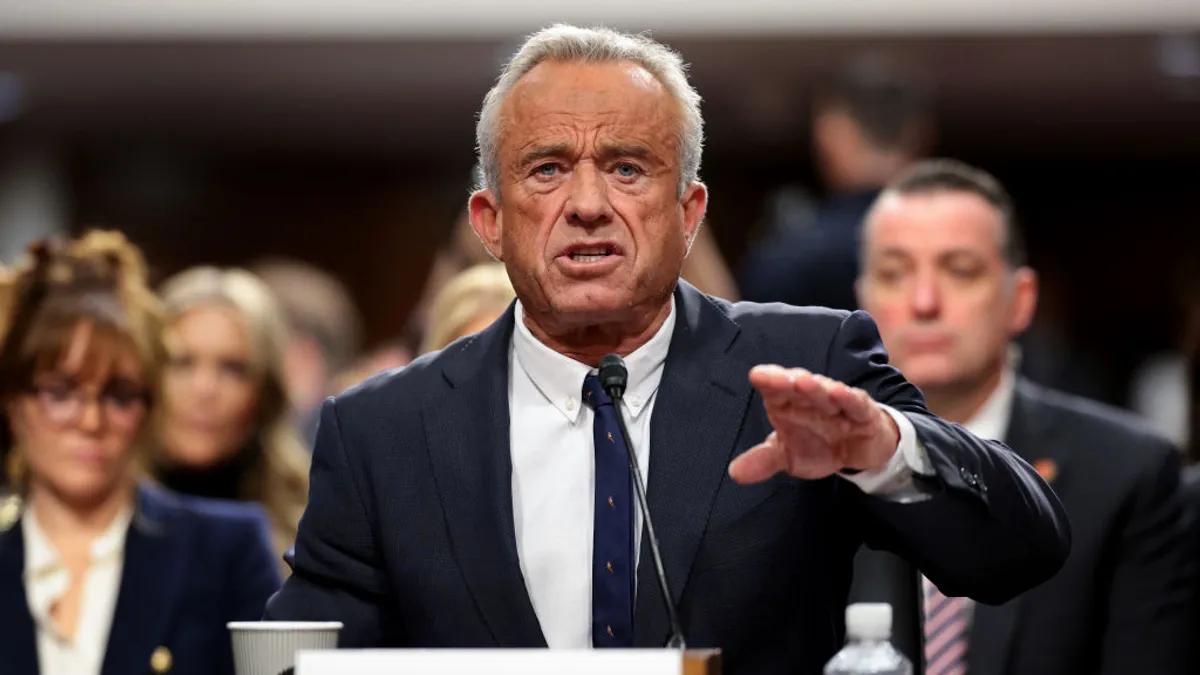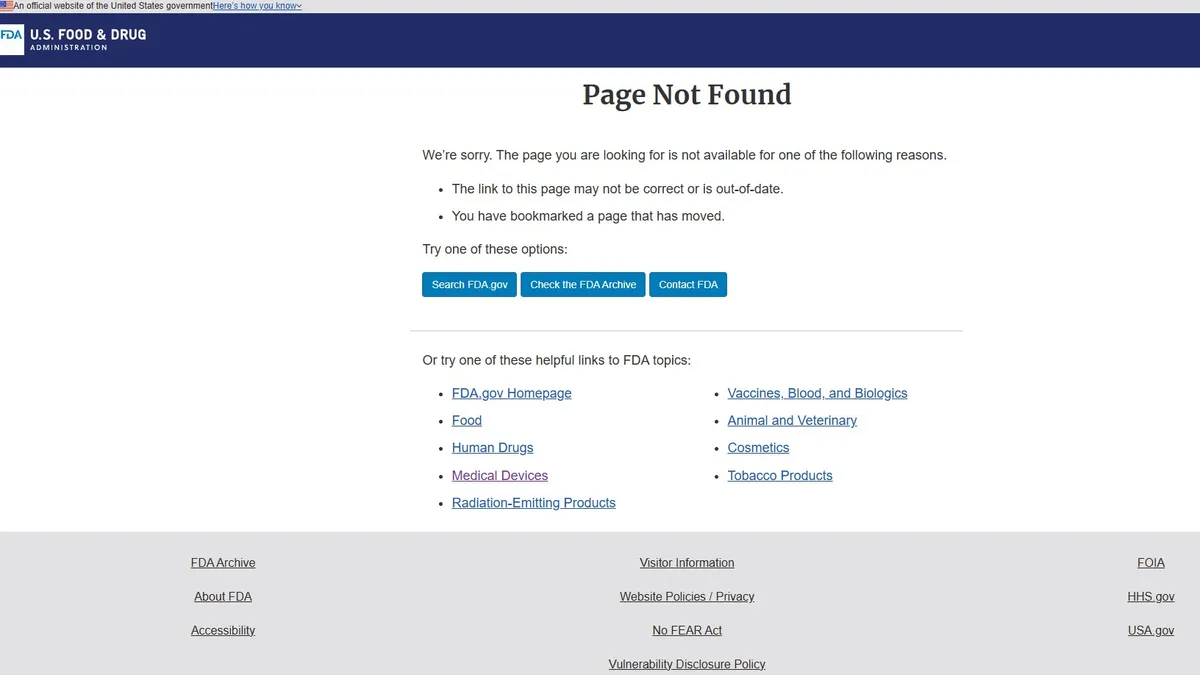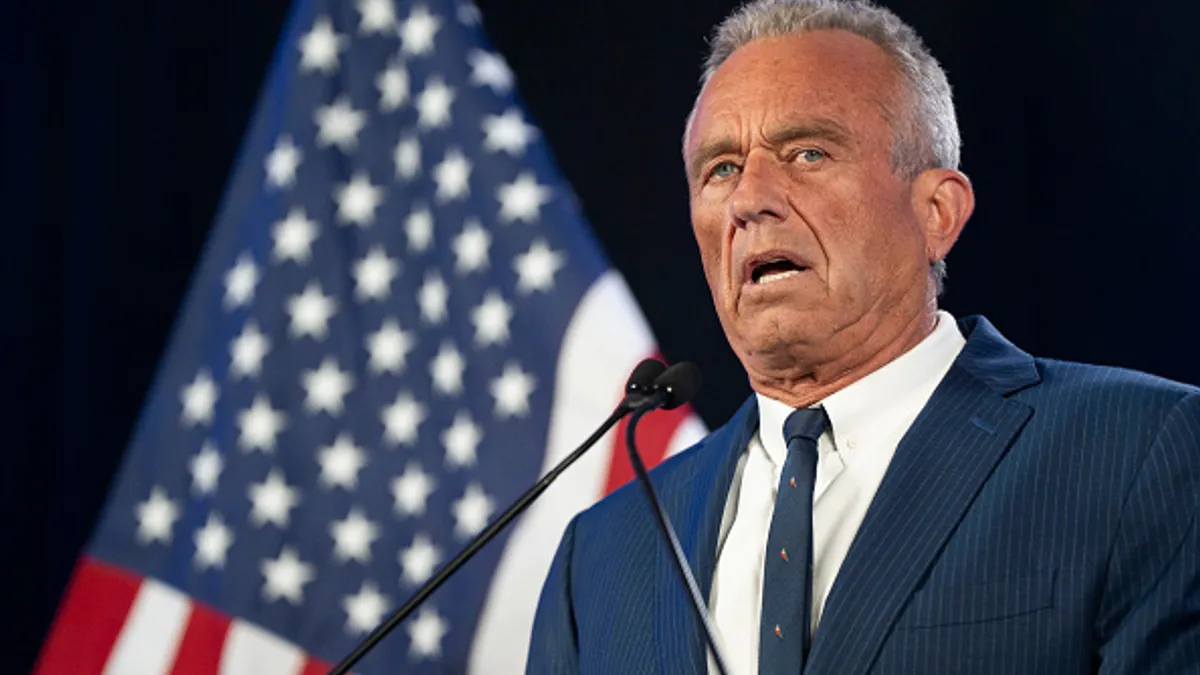A key congressional committee voted Tuesday to advance to a full Senate vote the nomination of prominent vaccine skeptic Robert F. Kennedy Jr. as the next U.S. health secretary.
The 14-13 vote by the Senate Finance Committee was along party lines, with all 14 Republicans on the panel voting in favor of Kennedy. Among them was Sen. Bill Cassidy, R-La., a physician who said in a hearing last week that he was “struggling” with his vote because of Kennedy’s many controversial claims about vaccines.
Cassidy said in a statement on X that he decided to vote yes after “very intense conversations” with Kennedy and the White House over the weekend.
“With the serious commitments I’ve received from the administration and the opportunity to make progress on the issues we agree on like healthy foods and a pro-American agenda, I will vote yes,” he wrote.
A full Senate vote has not yet been scheduled.
Confirmation of Kennedy as secretary of the Department of Health and Human Services could spell a dramatic shift in the country’s health policy.
Kennedy, who President Donald Trump nominated in November with promises to let him “go wild” in healthcare, has repeatedly espoused disproven theories that vaccines cause autism. As founder and past chairman of the anti-vaccine group Children’s Health Defense, he has challenged U.S. vaccination requirements and in 2021 sought to revoke U.S. authorization of the COVID-19 vaccines.
Since being nominated, Kennedy has said he will not take away anyone’s vaccines. During confirmation hearings last week, he tried to reframe his decades of vaccine criticism as “pro safety” rather than anti-vaccine.
Sen. Ron Wyden, the finance panel’s ranking Democrat, on Tuesday called Kennedy “singularly unfit to serve as HHS secretary” and a “grave threat to the health of the American people.”
As health secretary, Kennedy would oversee agencies like the Food and Drug Administration and Centers for Disease Control and Prevention that regulate vaccines, as well as the Centers for Medicare and Medicaid Services, which provides health insurance to tens of millions of people in the U.S.
Kennedy has pledged to focus on addressing the rise of chronic diseases in the U.S. and limiting ultra-processed foods, both now key planks of the “Make America Healthy Again” agenda.
“Maybe it is time to have a different kind of disruptor [at HHS],” Sen. Thom Tillis, R-N.C., said Tuesday after voting for Kennedy. “The only way that Bobby Kennedy and I will get cross-wise is if he does actually take a position against the safety of proven vaccines. That will be a problem for me.”
Kennedy’s position on other major healthcare policies is less apparent, however.
As secretary, Kennedy would oversee programs, like Medicaid, that Republican lawmakers have signaled interest in cutting. When asked during last week’s hearings how he would reform Medicaid, Kennedy gave unclear answers. He claimed Americans were unhappy with the safety net program, even though the majority of Americans view Medicaid favorably. He also fumbled basic questions about how Medicaid and Medicare operate.
Kennedy also said he would support Trump’s policies to restrict abortions, a reversal of sorts from his prior pro-choice position. But he offered few details about how he would seek to limit the procedure. He also was uncertain whether women are entitled to abortions in emergency medical scenarios in states that ban the procedure — a central issue after Roe v. Wade was overturned in 2022.
As HHS secretary, Kennedy would have influence over FDA vaccine approval standards and CDC vaccination guidelines. Democrats have warned that Kennedy could, for example, seek to overhaul important advisory committees that advise both agencies on vaccine safety and efficacy.
He would have access to the FDA’s Vaccine Adverse Event Reporting System, as well as safety data from vaccine manufacturers, which he could deploy to raise concerns about adverse events related to vaccines.
During his hearings, Kennedy did not go into great detail about ongoing drug price negotiations between the CMS and pharmaceutical companies. Trump’s CMS has committed to conducting the negotiations, but said, without any specifics, that it will try to improve the process. The Inflation Reduction Act, which established Medicare’s authority to negotiate prices of certain top-selling medicines, calls for talks this year on 15 drugs, which the Biden administration selected in early January.
Emily Olsen and Ned Pagliarulo contributed reporting.
Editor’s note: This story has been updated with additional detail.






















